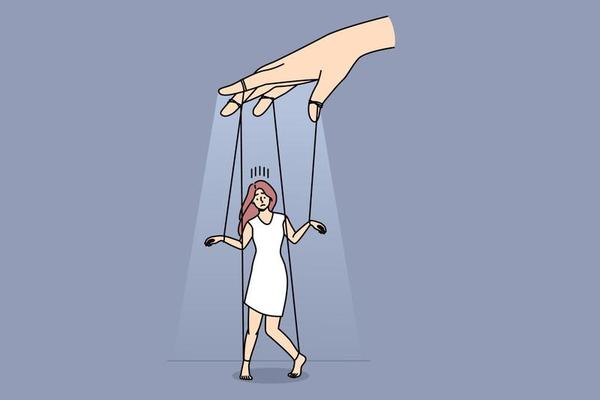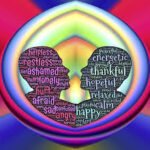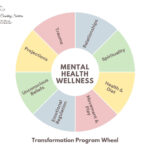Have you ever quit a promising job in a fit of anger, or impulsively moved across the country chasing a fleeting dream? We’ve all made choices fueled by intense emotions, only to question them later with a sinking feeling. But why do powerful feelings so often lead us down paths that might not be the best in the long run? The answer lies in a hidden puppet master: our unconscious programming.
Our childhood experiences leave an indelible mark, shaping our core beliefs and emotional responses. These beliefs, often formed before we even had the capacity for conscious thought, become deeply ingrained. They act like a set of internal instructions, unconsciously influencing our perception of the world and how we navigate it.
Imagine a child who feels constantly criticized. This might lead to the belief “I’m not good enough.” As an adult, this person might be drawn to jobs that offer little challenge for fear of failure, or self-sabotage promising relationships because they subconsciously expect rejection. Powerful emotions like fear or insecurity, fueled by this unconscious belief, become the driving force behind seemingly illogical decisions.
Here’s the tricky part: these beliefs often operate below the surface. We might not even be aware of them, let alone their impact on our choices. We get swept away by the emotional wave, mistaking its intensity for clarity. A burning desire to quit your job might feel like a calling, when in reality, it’s fear of inadequacy disguised as a yearning for freedom.
So how do we break free from this unconscious puppeteer? The first step is awareness. By taking a deep dive into our emotional responses, we can start to identify patterns. What situations trigger intense emotions? Are there recurring themes in the choices we regret? Journaling or therapy can be powerful tools in this exploration, helping us unearth the hidden beliefs driving our behavior.
Once we have a better understanding of these unconscious programs, we can begin to challenge them. Are they still serving us? Are there more empowering beliefs we can adopt? This requires self-compassion. We can’t rewrite our childhood, but we can choose how we interpret those experiences and rewrite the script moving forward.
Here’s the good news: emotions aren’t the enemy. They’re valuable signals, highlighting what matters to us. The key is to acknowledge them without being ruled by them. By creating a space between ourselves and our emotions, we can make choices based on conscious reflection, not unconscious programming.
Think of it like this: emotions are the wind in your sails. They can propel you forward, but if you don’t set the course, the wind can take you anywhere. By becoming aware of your unconscious beliefs and developing emotional intelligence, you can harness the power of your feelings and chart a course that aligns with your long-term goals and true desires. Remember, the captain at the helm is you, not the echoes of your childhood.







